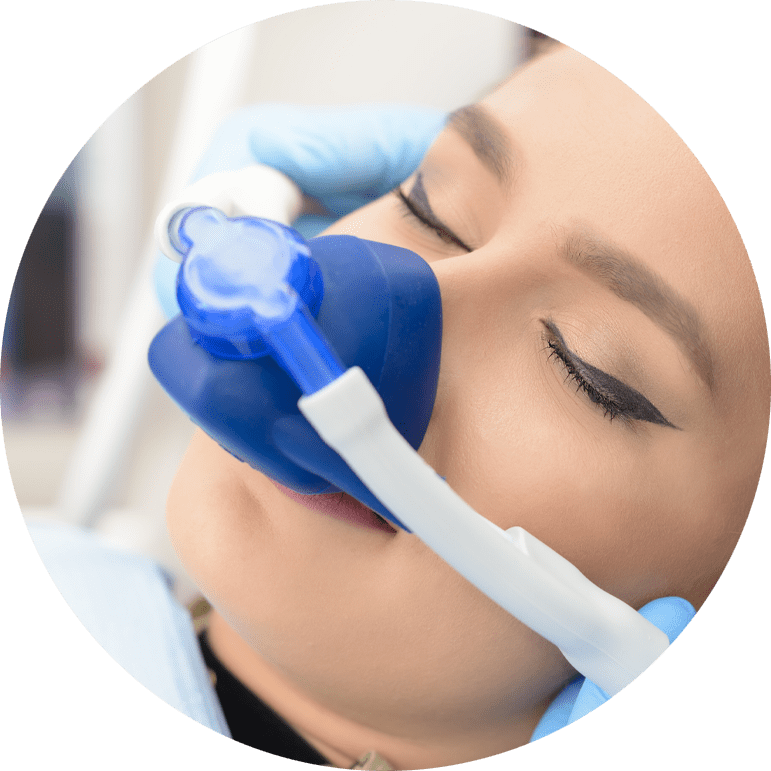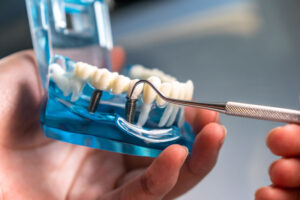What is Sedation Dentistry?
Sedation dentistry allows people who are concerned about potential pain and discomfort to relax during dental procedures. Dental anxiety is common, especially among those who have an unpleasant history with the dentist. Fortunately, there are different sedation dentistry options to give patients a comfortable experience in the dental office.
An overview of sedation dentistry
Sedation dentistry involves the administration of a drug before or during dental treatment by the dentist. Only one form, which is general anesthesia, makes the patient fully unconscious throughout the treatment. Other types will induce a relaxed state but will not knock the patient out completely. Some of the most common types of sedation dentistry include:
Nitrous oxide: this gas keeps patients relaxed during the procedure. It wears off soon after, so the patient might be able to go home on their own after the dental appointment.
Oral sedatives: this type of sedative, including diazepam, can help patients stay calm during dental treatments. The patient will use the drug about an hour or so before the appointment. They will be completely awake but experience less anxiety and feel somewhat sleepy until the effects of the drug wear off.
Intravenous sedatives: also called IV sedation, intravenous sedatives can induce varying levels of consciousness. In the case of general anesthesia, patients will fall into a deep sleep until the effects wear off. Other IV sedatives may cause “twilight sleep.” Patients will be less conscious of their environment, feel sleepy and might have no recollection of the procedure when it is complete.
How sedation dentistry works
The sedation process depends on the type of sedatives used. For instance, for an oral sedative, the dentist will recommend a prescription drug and provide instructions on usage. Following the instructions will ensure lower anxiety levels and improved relaxation in the dentist’s chair. After the medication kicks in, patients may start to feel drowsy and calm.
There is no preparation required for nitrous oxide. The dentist will administer it before, during and after the treatment. However, for IV sedation, there might be prior preparation. For example, the dentist might suggest fasting – eating or drinking nothing – for some hours before the dental treatment. One may also need to avoid using some meds the day before the dental appointment since they may disrupt the effect of the sedation medication.
The need for sedation dentistry
The dentist may recommend sedation for patients who fit into the following categories:
- Highly sensitive oral tissues
- Resistance to local anesthetic
- Poor experience with dental treatments in the past
- General anxiety disorder
- A small oral cavity that gets sore during dental treatment
- Phobia for dental procedures
Patients who fit this description will need to talk to their dentists about sedative dentistry. Dental sedation has helped many patients undergo dental work such as dental implants, tooth extractions and root canals.
In conclusion
Before deciding on sedation dentistry, you need to consider the upcoming dental procedure and how you react to dental care. If you are postponing treatment because you are scared of pain or discomfort that might occur, feel free to discuss this with the general dentist. Since most dental issues only worsen if untreated, it is better to seek dental intervention as soon as possible.
Request an appointment here: https://www.preferreddentalcenter.com or call Preferred Dental Center at (210) 822-8500 for an appointment in our San Antonio office.
Check out what others are saying about our dental services on Yelp: Sedation Dentist in San Antonio, TX.




